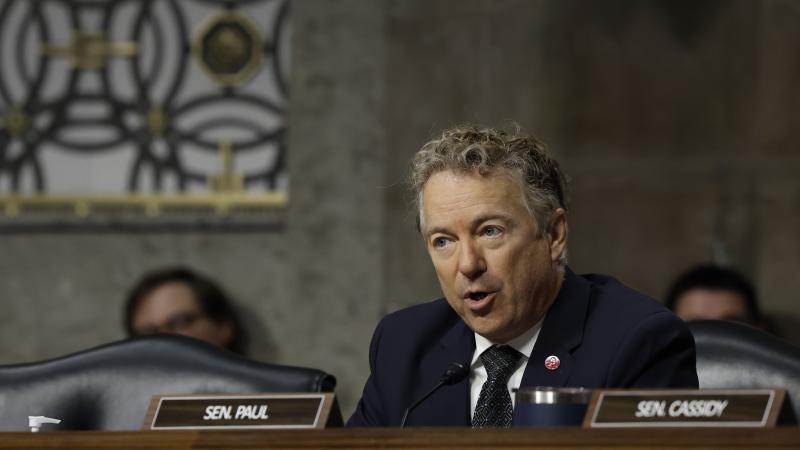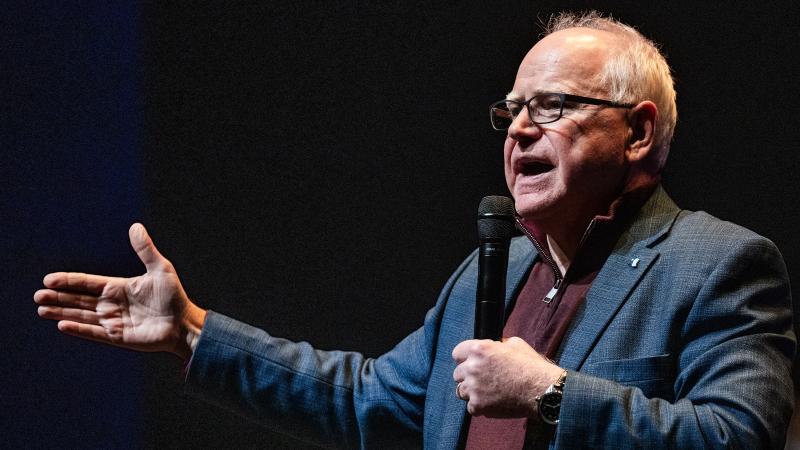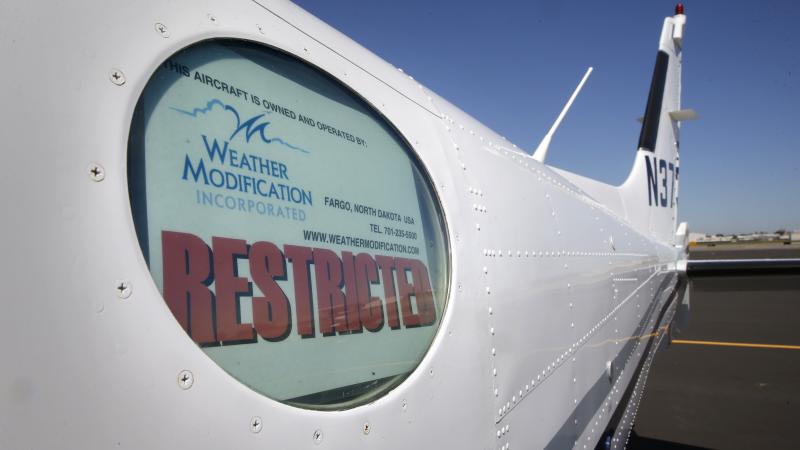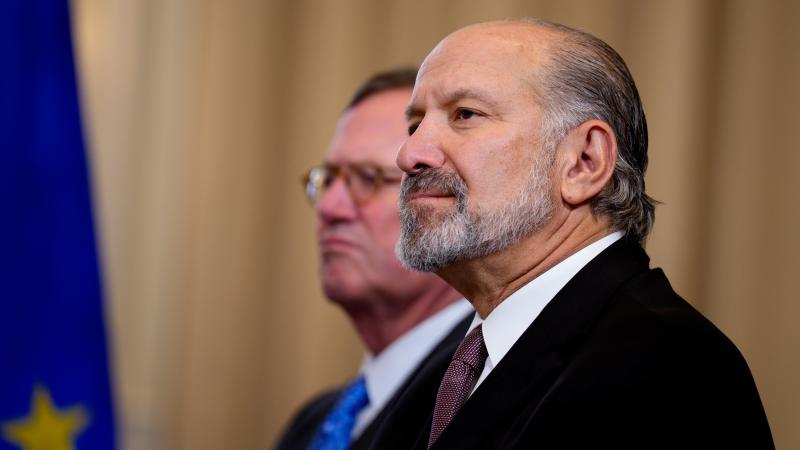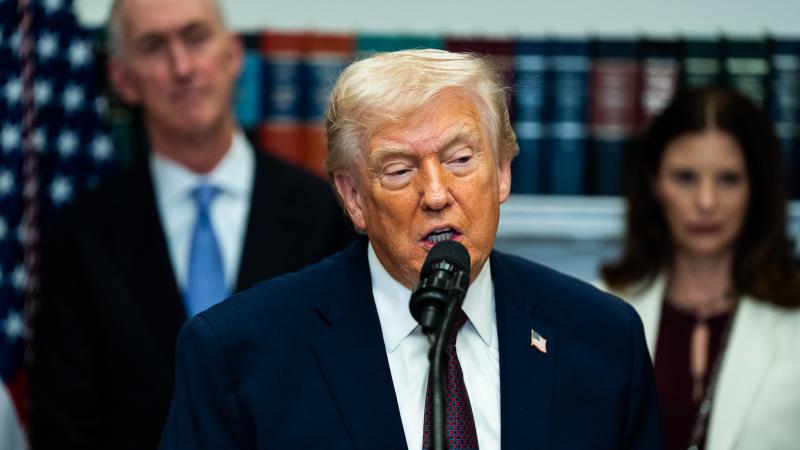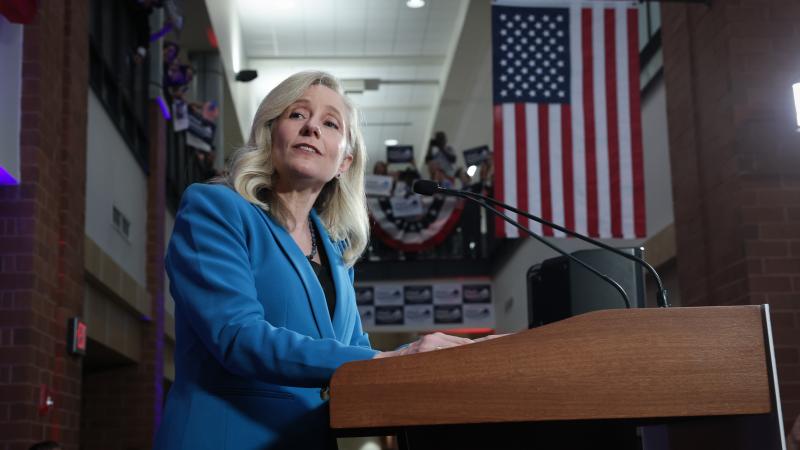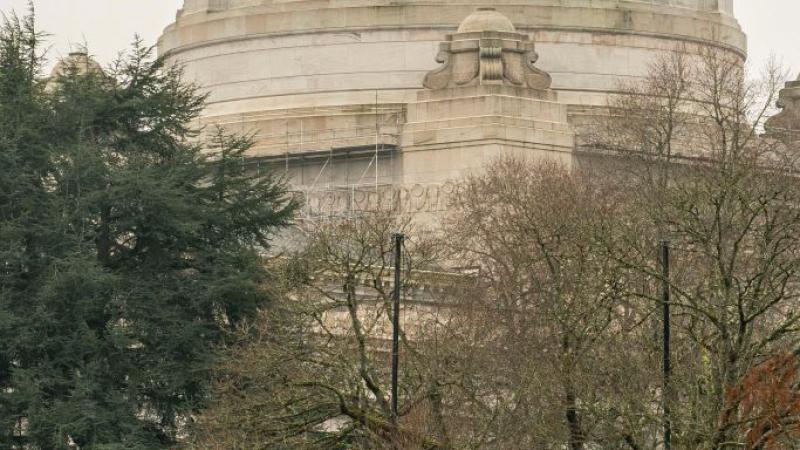Trucking industry says WA has ‘failed’ it regarding EV mandates
ACT is one of several environmental-based transportation goals pursued by the state that has faced setbacks.
(The Center Square) -
While recent remarks made at meetings and in reports by the State Electric Vehicle Coordinating Council accuse the trucking industry of undermining efforts to transition to electric commercial trucks, the industry is arguing the state has failed to provide adequate infrastructure.
Most notably, in its June 30 letter to the state Department of Ecology the Washington Trucking Associations asserted that there are no publicly available charging port for electric commercial trucks anywhere in the state. According to the letter, the state Transportation Electrification Strategy envisioned 1,400 truck charging ports by this year.
That, and federal preemption, should compel Washington state to cease implementing the Advanced Clean Trucks rule mandating the gradual shift to electric trucks, WTA President Sheri Call wrote in the letter.
“While there is no room to speculate about what the courts or Congress may do in the future ... Washington is preempted by federal law from adopting the proposed amendments and should explore the repeal of provisions mirroring the ACT given EPA will be barred from issuing a waiver for a rule identical to the ACT in the future,” she wrote.
Call’s rhetoric contrasts with statements made in the most recent Electric Vehicle Coordinating Council report, which blamed the lack of EV sales on “market failure.” At the council’s May meeting, Jeremy Hunt with the nonprofit Northeast States for Coordinated Air Use Management said the trucking industry was “taking every single opportunity to undermine the success of the Advanced Clean Trucks regulation” by requiring EV sale quotes are met before diesel trucks can be sold.
ACT is one of several environmental-based transportation goals pursued by the state that has faced setbacks. By 2035, no new light duty vehicles can be registered in the state that are powered by gasoline, with the intent of transitioning drivers to EVs. The council estimates it will need three million charging ports by then.
However, the vision has clashed with practical and logistical issues, such as a lack of public EV charging stations, along with rampant vandalism of those already built.
The cost for that transition is another consideration. WTA’s letter cites a Roland Berger study that estimates the state will have to spend $10-15 billion for full electrification of the commercial vehicle sector.
“Electrification of commercial vehicles poses a significant challenge for utility infrastructure,” Call wrote in her letter.
In an email to The Center Square, Ecology’s Climate Pollution Reduction Program Communications Manager Caroline Halter wrote that the agency has temporarily paused its emission standards, but noted that “there are significant legal issues with Congress’ approach” to ACT, “including findings by the Government Accountability Office and the Senate Parliamentarian that the federal waivers are not subject to Congressional review.”
She added that “many of the changes proposed in our current rulemaking would give manufacturers more flexibility, and we are required by law to maintain consistency with California. Until these issues are resolved, it’s important that our rules remain up to date.”
In response to Call’s remarks about the lack of public charging stations, Halter wrote that ACT was “designed to be feasible even without public charging available. The regulation’s requirements are based on the percentage of routes that return to base in between jobs or at the end of the day to recharge. We’re already seeing thousands of zero-emission commercial vans and trucks being deployed here in Washington – local delivery and bus routes are great examples of jobs that don’t necessarily require recharging mid-route.”
She added that in addition to the West Coast Truck Charging and Refueling Corridor Project, the state is making “significant investments” in public charging infrastructure for trucks, some of which is funded through the Climate Commitment Act.



